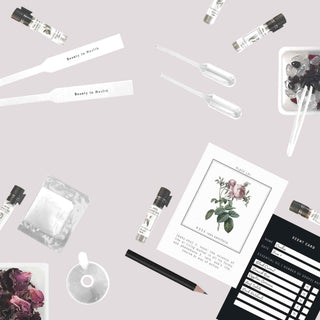Litchi chinensis, commonly known as lychee, is native to Southern China. Specifically, its original range includes the provinces of Guangdong and Fujian in China.
Lychee is a tropical and subtropical fruit tree that produces small, round, and juicy fruits with a sweet and fragrant flavor. The fruit has a rough, red outer skin and a translucent, white, or pinkish flesh surrounding a single large seed.
The cultivation of lychee has expanded beyond its native range to other parts of the world with suitable climates. It is now grown in various tropical and subtropical regions, including countries in Southeast Asia, India, the Philippines, parts of Africa, Australia, and the Americas. Our lychee is sourced from various countries.





